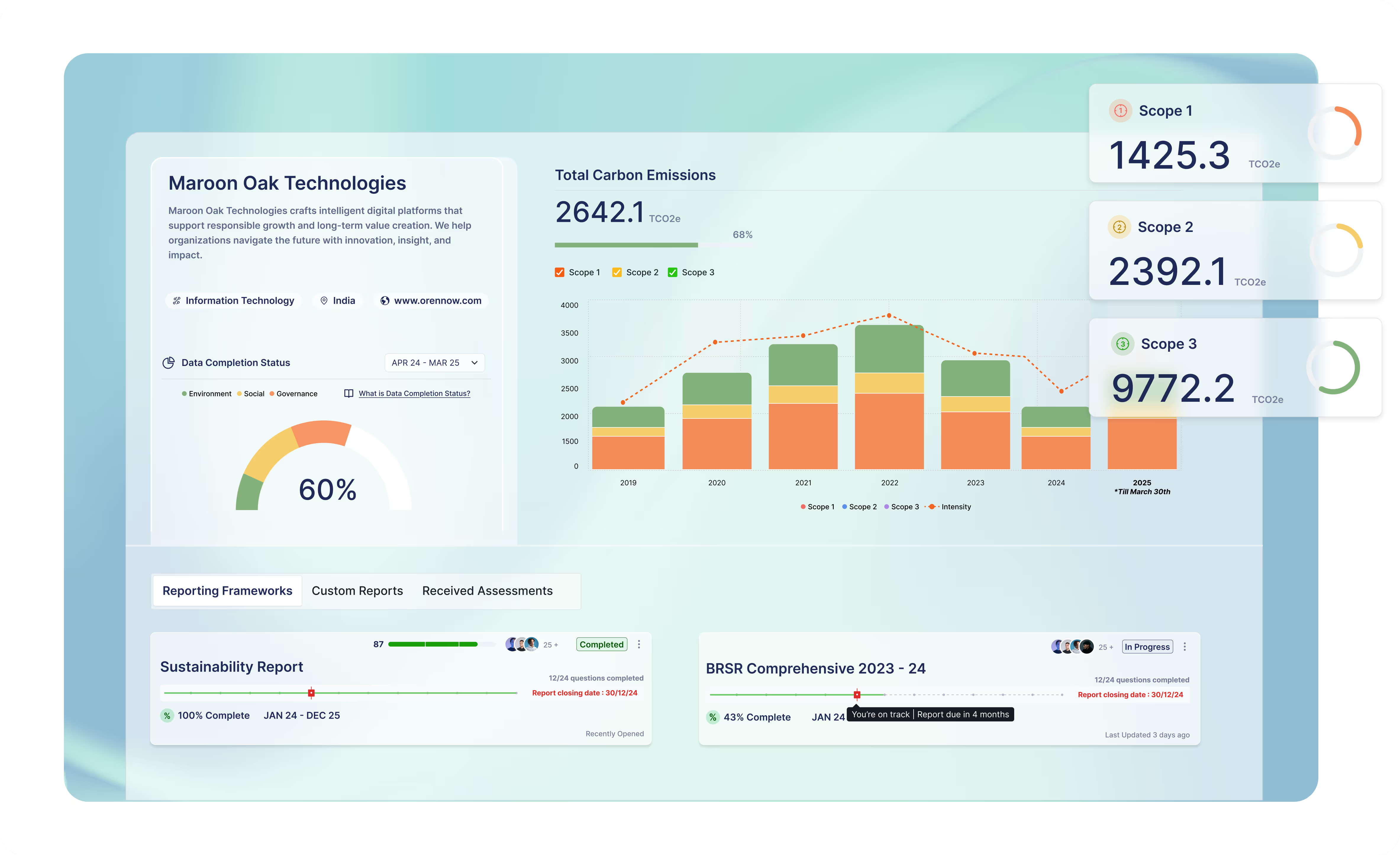Stakeholder Capitalism: Navigating the Balance for a Sustainable Future

Introduction to Stakeholder Capitalism
Stakeholder capitalism is reshaping the conventional business model by prioritizing the interests of all stakeholders, not just shareholders. Unlike traditional capitalism, which often emphasizes maximizing shareholder value at the expense of other groups, stakeholder capitalism promotes a balanced approach that considers the needs of employees, customers, suppliers, and the broader community. This shift is crucial as we confront complex social and environmental challenges and strive for a more sustainable and equitable economic system.
The Benefits of Stakeholder Capitalism
1. Enhancing Sustainability and Equity
Stakeholder capitalism offers significant advantages by fostering a more sustainable and equitable economy. By considering the needs of all stakeholders, businesses can strengthen relationships with employees, customers, and suppliers, leading to improved business outcomes. For instance, companies that invest in fair wages and benefits for their employees can experience reduced turnover, increased productivity, and a stronger reputation. This approach aligns with sustainability reporting standards such as GRI (Global Reporting Initiative) and ESG (Environmental, Social, and Governance) frameworks.
2. Addressing Social and Environmental Challenges
Incorporating stakeholder capitalism principles helps businesses tackle social and environmental issues. Companies are encouraged to minimize their carbon footprint, promote diversity and inclusion, and invest in local communities. For example, Patagonia's commitment to environmental sustainability and Unilever's focus on social impact exemplify how businesses can create long-term value while addressing critical issues. These practices align with ESG reporting in India and the GRI guidelines, which emphasize the importance of environmental and social governance.

Challenges in Implementing Stakeholder Capitalism
1. Balancing Competing Interests
One of the main challenges of stakeholder capitalism is balancing the diverse interests of different groups. Conflicts may arise between employees seeking higher wages and shareholders desiring increased returns. Similarly, customer demands for lower prices might clash with suppliers needing fair compensation. Effectively navigating these conflicts requires a nuanced approach and thorough consideration of the impact of business decisions on all stakeholders.
2. Regulatory and Institutional Support
A supportive regulatory environment is crucial for the success of stakeholder capitalism. Governments and institutions must create frameworks and incentives that encourage businesses to prioritize stakeholder interests. This could involve offering tax incentives for companies investing in employee training or community development. Regulations like BRSR (Business Responsibility and Sustainability Reporting) and frameworks such as the EU Taxonomy and TCFD (Task Force on Climate-related Financial Disclosures) play a vital role in promoting and guiding stakeholder-centric practices.

Examples of Successful Stakeholder Capitalism
1. Leading the Way in Sustainable Practices
Companies like Patagonia and Unilever demonstrate the benefits of stakeholder capitalism by integrating sustainability and social impact into their core operations. Patagonia’s environmental initiatives and Unilever’s commitment to sustainable growth highlight the potential for businesses to achieve long-term success while addressing broader societal challenges. Veeva Systems' transition to a Public Benefit Corporation (PBC) further exemplifies a commitment to balancing multiple stakeholder interests, aligning with principles of stakeholder capitalism.
2. The Growing Importance of Stakeholder Capitalism
a. Impact of Global Events
Recent global events, such as the COVID-19 pandemic, have underscored the interconnectedness of the global economy and the need to consider the impact of business activities on all stakeholders. This heightened awareness has led to increased attention on stakeholder capitalism and its potential to create a more resilient and equitable business environment. The rise of ESG ratings and the increasing focus on sustainability reporting reflect this shift in priorities.
b. Addressing Criticisms and Challenges
Critics argue that stakeholder capitalism may lead to diminished financial performance due to the complexity of balancing diverse interests. However, advocates believe that focusing on long-term value creation for all stakeholders can result in improved financial outcomes over time. Evidence suggests that integrating ESG factors and adopting sustainability practices can enhance financial performance by mitigating risks and seizing new opportunities.
Conclusion: The Future of Stakeholder Capitalism
Stakeholder capitalism represents a transformative approach to business that prioritizes the interests of all stakeholders, fostering a more sustainable and equitable economy. Despite challenges in balancing competing interests and the need for supportive regulatory frameworks, the potential benefits of stakeholder capitalism—such as enhanced reputation, reduced risks, and long-term value creation—make it a compelling model for the future. As businesses continue to navigate these complexities, adopting stakeholder-centric practices will be crucial in driving positive social and environmental outcomes.
By embracing stakeholder capitalism and aligning with frameworks like ESG reporting standards, GRI guidelines, and BRSR, companies can contribute to a more sustainable and resilient global economy, ultimately creating shared value for all stakeholders.
Latest Blog Posts
Dive into our blog for insights on making your organization more sustainable.
Sustainability Simplified
Wherever you are in your sustainability journey, we help you advance with confidence.
Schedule a Call



.avif)

